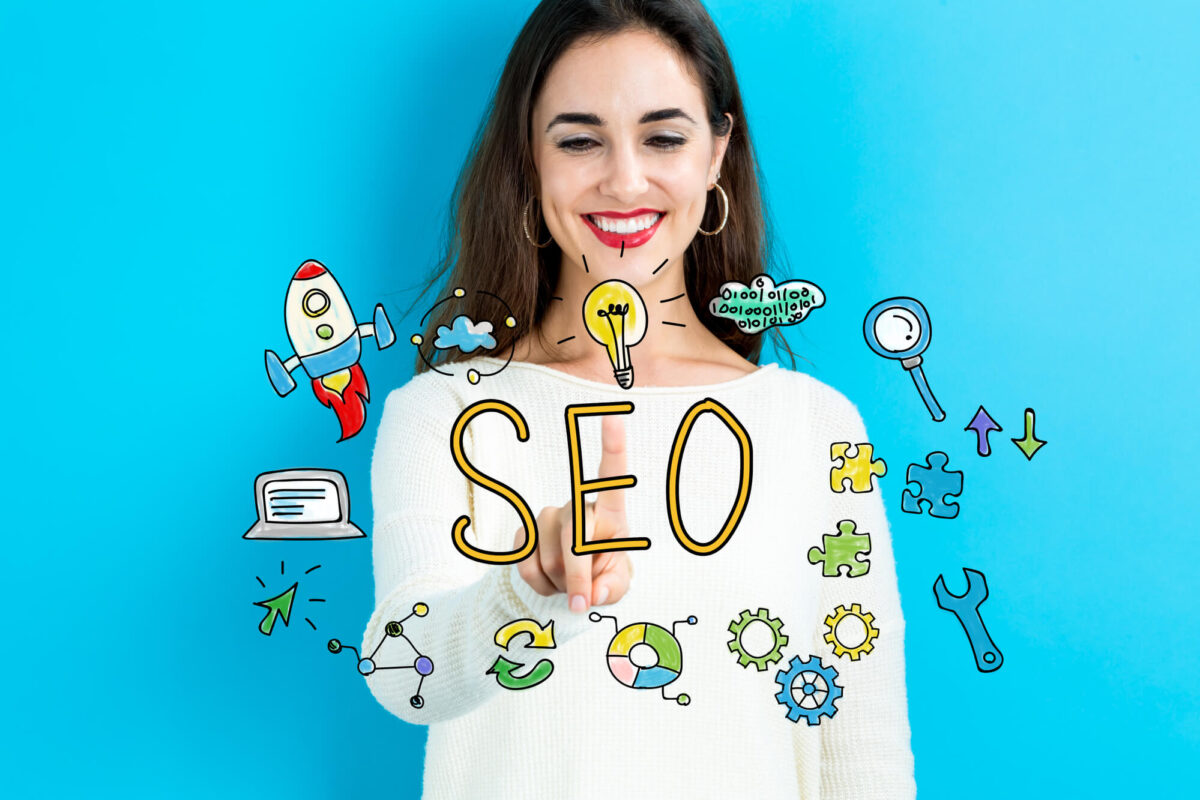Content Marketing 201: Level Up with SEO
Let's talk specifically about one of the reasons for maintaining a blog you may not have considered: as a tool to rise in the ranks of search engines. You can design your website and content in a way that search engines will find you and give you a premium spot in their rankings. The formal term for this is Search Engine Optimization or SEO.
Getting to the top of search results
Search engines use bots to scan and analyze your web pages and rank these using a combination of factors. The most relevant and rich content gets rewarded and placed at the top. What makes your website relevant and rich? Quality content, relevant keywords, and site linking.
Quality Content
Professional, easy-to-read, typo-free writing encourages readers to stay on your site. This is important because Google tracks your 'bounce rate' – the percentage of readers who ditch your site right away. Quality also inspires trust among your readers, leading them to return to your website as a resource. Make sure you read the previous post to learn more about creating quality content.
Relevant Keywords
A keyword is what a person types into the search box. If you want people to find your post, you'll want to include the exact keywords they're looking for in your titles and text body.
Site Linking
Another factor in your rankings is how 'popular' you are. If other sites link to you, that shows search engines you're trustworthy. Blog posts are much more linkable than something like your 'About Us' page. This is another reason creating quality content is important: if your blog posts are providing value to your visitors, they're more likely to link to your posts from their own sites. One way to speed up this process is to ask partner organizations to link to you.
Choosing The Right Keywords
If you're choosing to use SEO as a tactic, brainstorm the core topics you'd like to be known for. From there, you'll research and target keywords that are relevant for these niche topics. Bring these keywords to your team brainstorming meeting to include in your content calendar.
1. What core topics would you like to be known for? Pick relevant keywords for these niche topics.
2. Use Google's keyword planner tool to see related terms people are searching for. This reveals your opportunities – keywords being searched but pulling up scarce content.
3. Aim for long-tail keywords – longer, more specific search queries. When someone wants to take action they are likely to be specific. For example, 'how to support dog rescue Nashville.'
4. Build your content strategy and calendar around these keywords.
Additional Resources
If you are interested in learning more about SEO, consider hiring a professional to review your current site and content and make recommendations for optimization. If you do not have an SEO expert in your network, try searching for freelancers on UpWork and Fiverr.
Download our free eBook to learn more about Digital Marketing for Nonprofits





